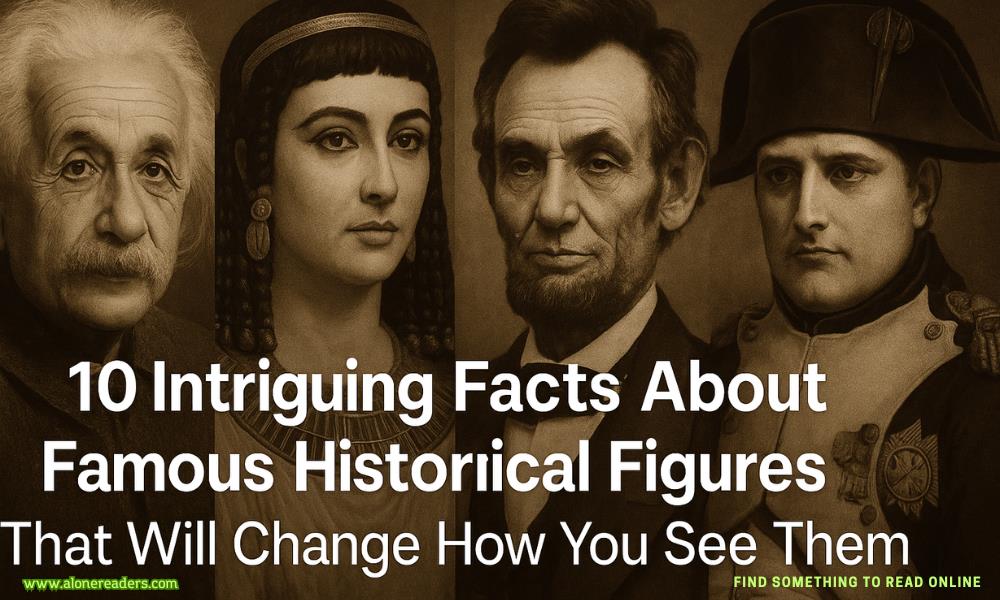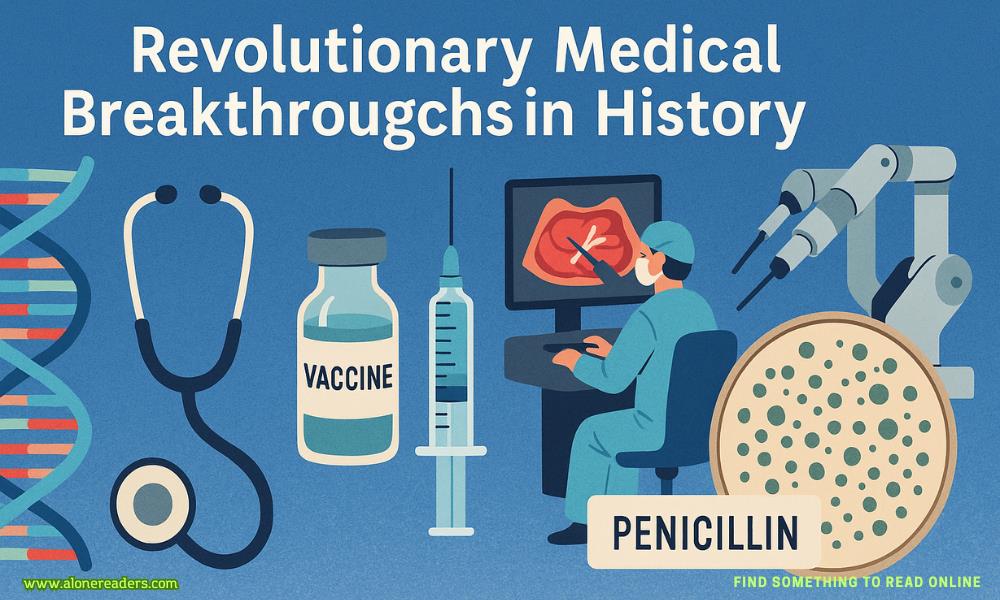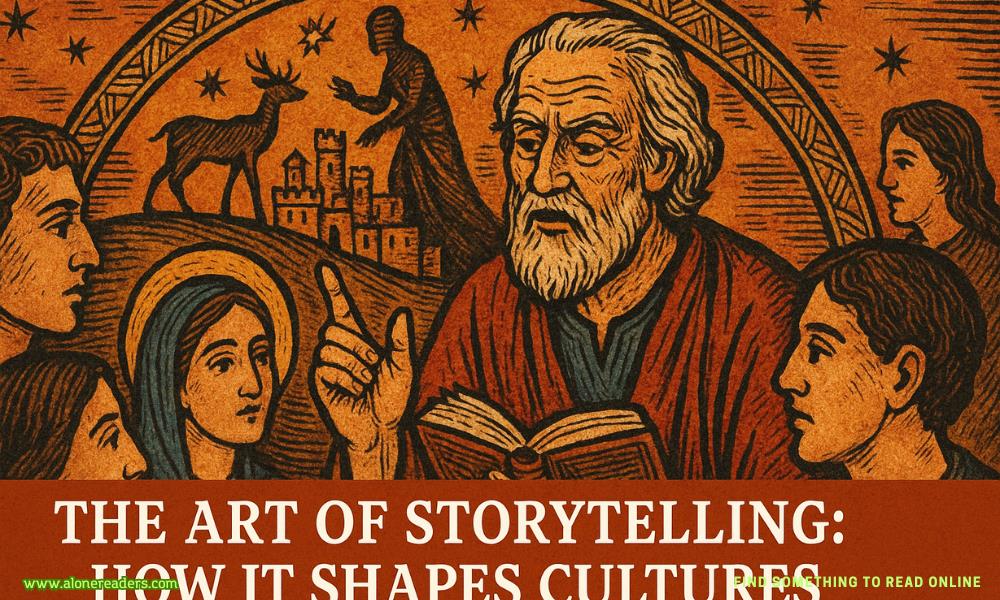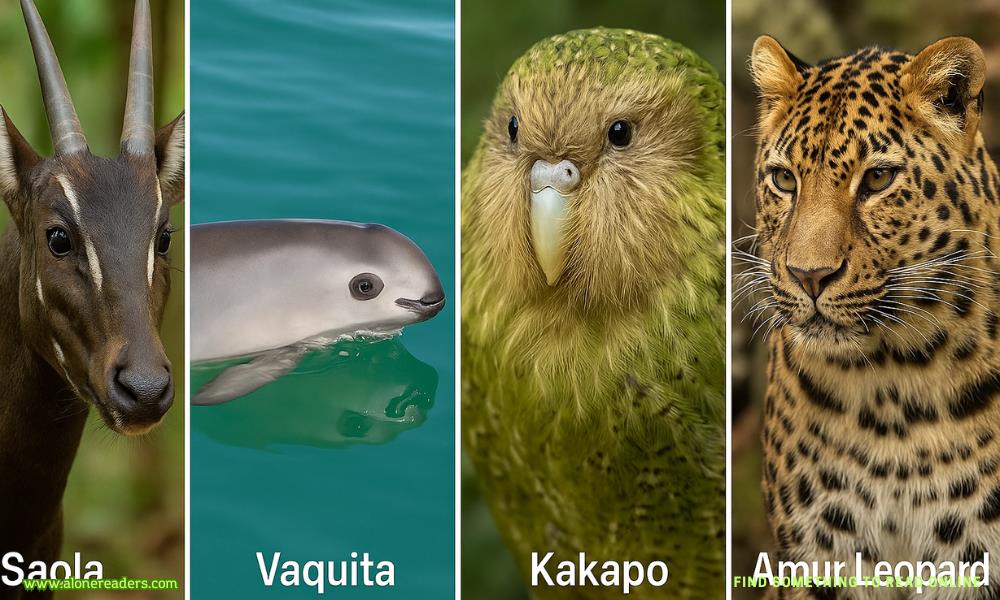Page 95 of Six Wild Crowns
Cleves laughs throatily. “A spy. A rebel. A traitor. But she cannot hide when she is angry. I think it must be very wonderful to be loved by you.”
Seymour remains silent as they saddle up.
“Maybe I should ask Queen Boleyn, when I see her.”
Seymour finishes tightening her girth, then walks over to Cleves. She holds up the crone’s tooth, right to Cleves’s neck. For the first time since their meeting, Seymour is the one in control. Cleves’s back is to her horse, one of those toned arms splayed against the animal’s shoulder, the other raised in a half-surrender.
“This may be a game to you,sister,” Seymour says. “But it is not to me or Boleyn. You might not be our ally, but if you betray us I will destroy you. Do you understand?”
Cleves’s neck is taut against the pressure of the crone’s tooth. Her mouth is inches from Seymour’s.
“Oh yes,” she says. “I think it must be very wonderful indeed.”
Cleves looks up and catches sight of the Lissa star.
“We always say that stars are beautiful, don’t we?” she says.
“They are.”
“I sometimes wonder – are they beautiful? Or are they simply out of our reach? Maybe if we were to come close to them, to touch them even, we would discover that they’re just a simple being holding a bright lantern.”
“Don’t patronise me.”
Gently, Cleves takes hold of Seymour’s hand, the one holding the tooth, and lowers it.
“Then pick up your own lantern, my angry, angry queen, and shine.”
CHAPTER THIRTY-EIGHT
Boleyn
When she was a girl, the village close to the Boleyn family’s estate fell victim to the howling sickness. It was ravaging Elben. People would lock themselves in their homes and choose to starve rather than fall ill with such a disease. But it invaded even the most well protected of homes, and so it was with the village. One sick woman, with the tell-tale froth at her mouth and the pink rings across her skin, infected her cousin, who infected their family and the village healer, who infected all of her patrons. Boleyn’s parents tried to limit their visitors, but most of their household came from the village. Infection was inevitable. Within a month, George and Boleyn fell sick, and for many days it was thought that Boleyn wouldn’t survive. She spent days slumbering fitfully, and nights suffering terrible seizures, her wrists secured to the posts of her bed with steel chains to prevent her from running wild. Thick, white hair sprouted from the rings on her skin. Her parents sat next to her through it all.
Gradually, she improved. But half of the household did not recover, and a new pack of wolves now roamed the mountains near the estate. From time to time, something reminds Boleyn of those days, and the weeks when they knew the plague was coming but could do little to stop it.
The memories come back now, in the wake of the miners’ funerals. This time it is not the howling sickness that is spreading. It is a different kind of sickness. It infects the townspeople of Pilvreen, who talk openly of the ancient massacre and the accident at the mines and look to Brynd with growing suspicion.
Boleyn’s trip to the oracle has not dulled her people’s memories. Many of them wear the insignia of Cernunnos – the branching antlers – either as badges sewn on their jackets, or as pendants on makeshift chains. Babies clutch pieces of antler for protection, gnawing on them toothlessly like old dogs. The sickness spreads to the merchants who pass through the kingdom, bearing tales of the famed misfortune of Brynd and the curse of the queens who rule it. At last it comes for Boleyn’s own servants – the gardeners who smirk and talk ofher ways, and the kitchen staff who leave her service in such numbers that she cannot replace them.
Yes, the rumours are an infection, spreading through Boleyn’s territory, but the only life at stake is hers.
“I think you must leave,” Boleyn tells Wyatt. They are alone in the orchard, beneath the canopy of a crab apple tree. Boleyn and Wyatt stand in the snowstorm of its blossom.
Wyatt shakes his head. He takes Boleyn’s left hand, his fingers playing with the poesy ring Henry gave her on their wedding day. “Wouldheswear his all on this?” he asks. “Would he prove his love by invoking the fairy inside? Because I would.”
Boleyn pulls her hand free. Wyatt has no right to question Henry. He does not know what she does.
“It doesn’t matter what he would or would not do.”
“Doesn’t it?” Wyatt says. He is challenging her to step away from him. He should be the one to move away, not her. She is a queen. That he thinks he can take such liberties only proves to her that she is right to tell him to go.
“I am still married to him, Thomas. That means something to me,” she says. Her plan, before or after the cave, before or after the oracle, had never included being unfaithful. Certainly not unfaithful with this man. She still doesn’t truly know how she feels about him. There is lust there, certainly, and appreciation for his wit. But love?That’s an impossible question to answer, tangled as it is with the other impossible questions of her love for Henry, and Henry’s love for her.
“I don’t mind sharing your heart, Boleyn,” he says softly. “I don’t mind being your secret, either. I can be very discreet.”
The sordidness of his words wakens her to fury. She throws the jibe that rises to the back of her mind whenever she looks at Wyatt: “I am no whore.”
Wyatt frowns, confused, taking a moment to remember what he said at their very first meeting. He opens his mouth, a thousand excuses flooding to be uttered.It was months ago I called you that. I never meant it. I was nervous. I said it in jest…He swallows them, as understanding lands. And, at last, he nods.
- The Prince's Secret Twins by Elizabeth Lennox
- Tangled Desires by Tory Baker
- At the Edge of Surrender by A.L. Jackson
- A Touch of Fate by Cora Reilly
- Untouchable Love by Lucy Darling
- After Hours by Caitlin Crews
- Shelter from the Storm by Mari Carr
- Someone Knows by Vi Keeland
- Hawk by Fiona Davenport
- The Silencer by Brooke Summers
- The Beat of her Heart by Emily Hayes
- The Neighbor's Son by K. Webster
- Vasily the Hammer by C.B. Alice
- Convenient Vows by D.C. Beks
- Wrapped in Silver by Sara Vice
- Ruined By Capture by Sherry Blake







